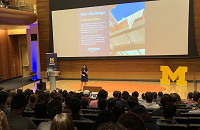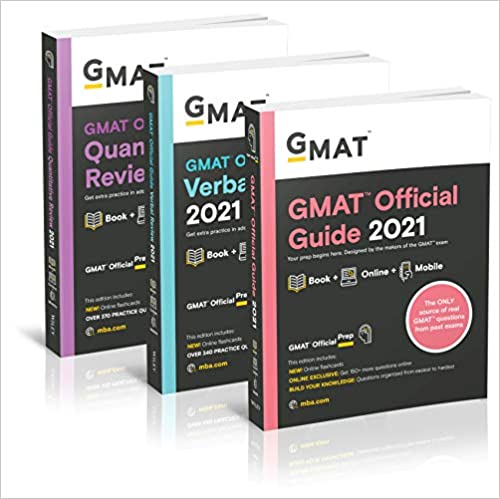3. If You Don't Apply Early, You Probably Won't be Going to a Top Business School
There is so much competition among schools for the best candidates that admissions officers can't afford to pass on good applicants in the early rounds. Consequently, there are very few open spots remaining after the January deadlines.
Although there are opinions to the contrary, I still believe it's best to apply in the first round, especially if you feel you're a strong candidate. Most schools have three application periods, but some have as many as five. (And some programs work on a pure "rolling" basis.)
The drawback to the first round is the quality of its applicants. There are a lot of "sharks" in that round. They aced the GMAT, got good grades in college and have great work experience. (Those Bastards!) To top it off, they managed to get their acts together and finish their applications in time for the first-round deadlines.
You don't necessarily want to be compared with those freaks, so it's tempting to skip the first round in hopes of finding more slobs like you (and me) in round two. That strategy sounds good, but there's a problem with it. There will be more than twice as many applicants in round two as there were in round one, and they will be competing for fewer open spots.
How Many People Apply in the First Round?
A typical top program might have 600 to 800 applicants in the first round and 350 seats to fill. To complete the class they'll admit about 500 people.
This brings up the concept of "yield," the percent of applicants who actually accept offers made by schools. Harvard has the highest yield at about 87 percent. After that comes Stanford at about 80 percent. Then the numbers drop significantly. Kellogg, for instance, has a yield of only about 60 percent, which means it must make 830 offers to fill a class of 500 students.
So if I know that Kellogg will make 830 offers per year and that only about 600 people will apply in the first round, I might be willing to swim with the sharks and try my chances early. The second round at top schools may have more than 2,000 applicants, all competing for the leftovers. I don't like those odds. It's too easy to get lost in the shuffle. If I apply early, I know I'm going to face some stiff competition, but at least I know there are a reasonable number of spots still available.
So listen to the admissions officers when they say apply early. And remember that it can take two months to collect your undergraduate transcripts, complete the online application forms, write your application essays, and get your boss to finish your recommendations. It's important that you apply to at least six or seven schools, and doing so takes time.
What if I Want to Retake the GMAT But My Deadline is Coming Up?
I encounter this problem all the time. "If I apply now I won't be able to retake the GMAT, but if I wait until I can take the test again I'll miss the upcoming application deadline."
It's a judgment call that depends on both your GMAT score and the deadline you're thinking about skipping. If your GMAT score is already in the high 600s, apply at the upcoming deadline. A few more points won't help as much as making an early deadline.
If, on the other hand, you scored 600 or below and you are fairly certain that you will improve on the next test (and you will accept only a top school), you might want to skip the deadline. But waiting until February or later to apply makes things more difficult. There are few spots available after the January deadlines, so think hard before blowing them off.
Applying to Business School in Round 3
This can be dangerous. Being admitted in the final round (typically in March) is harder than it is in other rounds. After evaluating candidates, we advise many not to apply in March but to wait and apply in November, which is the first round of the following year.
Stronger candidates can be admitted in round 3, and we're not afraid to apply then, but candidates with serious deficiencies should usually wait eight months and spend that time addressing their deficiencies.







